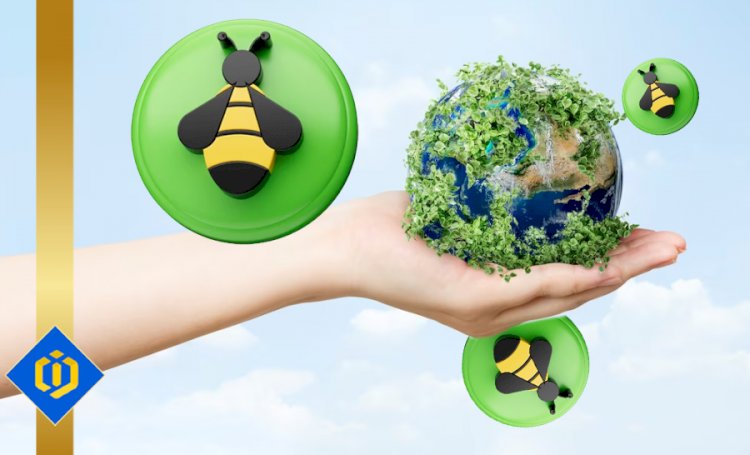Why Bees Are Important for Ecosystems and Human Life

The amazing skills and significance of bees to ecosystems and human life have been discussed in this article. We have discussed the threats they face, as well as their social structure, navigational strategies, and methods of communication.
It is evident that bees are essential to ecosystems because they help pollinate a variety of plants and crops, supporting food production and biodiversity. Their impressive capacity for cooperation and communication within a hive serves as a source of inspiration for studies in areas like robotics and swarm intelligence.
However, a number of threats, such as habitat loss, pesticide use, and climate change, affect bees and their habitats. With declining bee populations potentially resulting in lower crop yields and detrimental effects on biodiversity, these threats could have serious repercussions on ecosystems and human life.
To protect bees and their habitats, conservation initiatives and additional research are crucial. The use of fewer pesticides, the preservation of habitats, and funding for studies into the biology and behavior of bees are just a few examples of what this entails. Individuals must also take action, such as establishing gardens that are beneficial to bees and helping neighborhood beekeepers.
In conclusion, bees are essential to ecosystems and human life, and it is important to protect and conserve them. We can contribute to ensuring a healthy and sustainable future for both bees and ourselves by realizing their significance and taking measures to protect them.
Author: Pooyan Ghamari
Swiss Economist with Expertise in Sociology and Technological Advancements

 content-team
content-team 


















